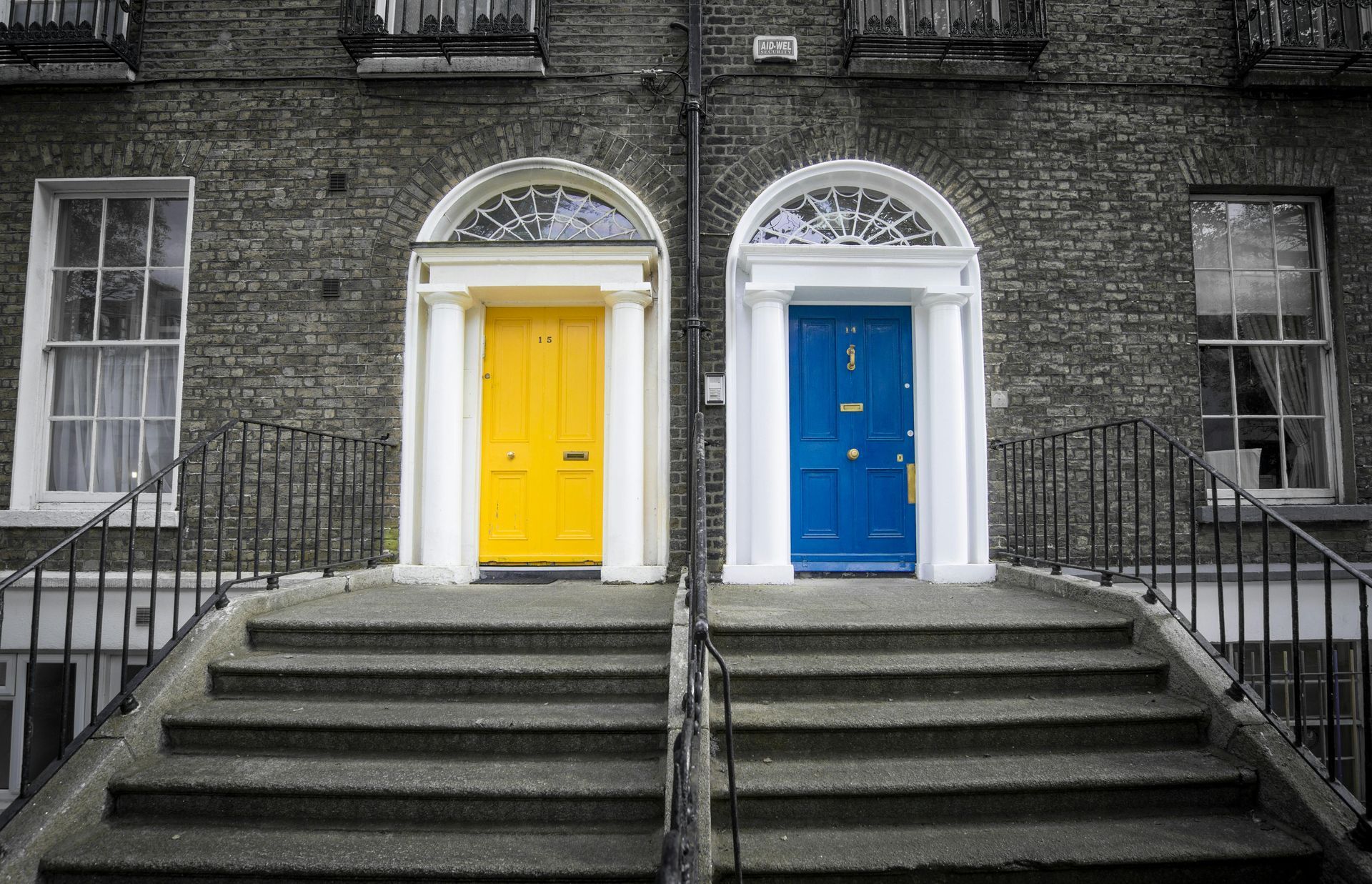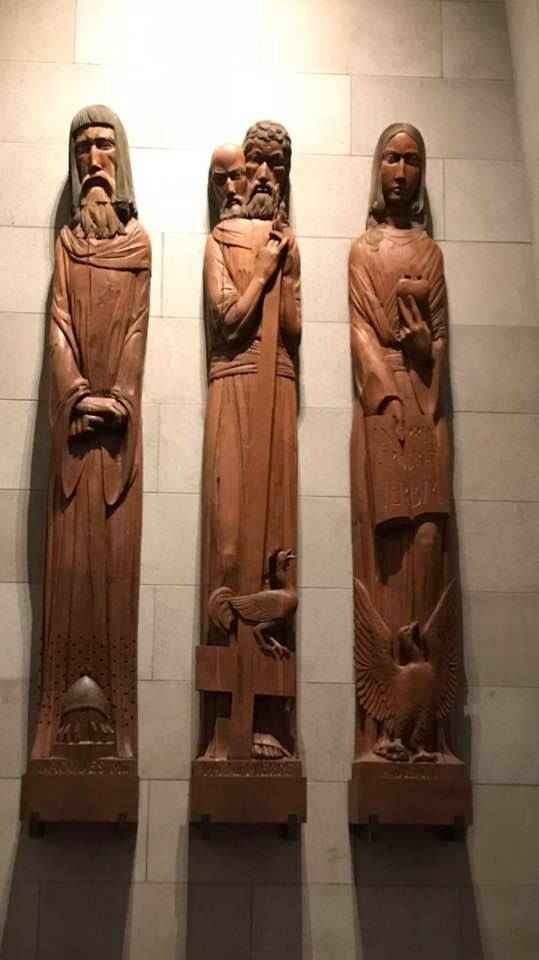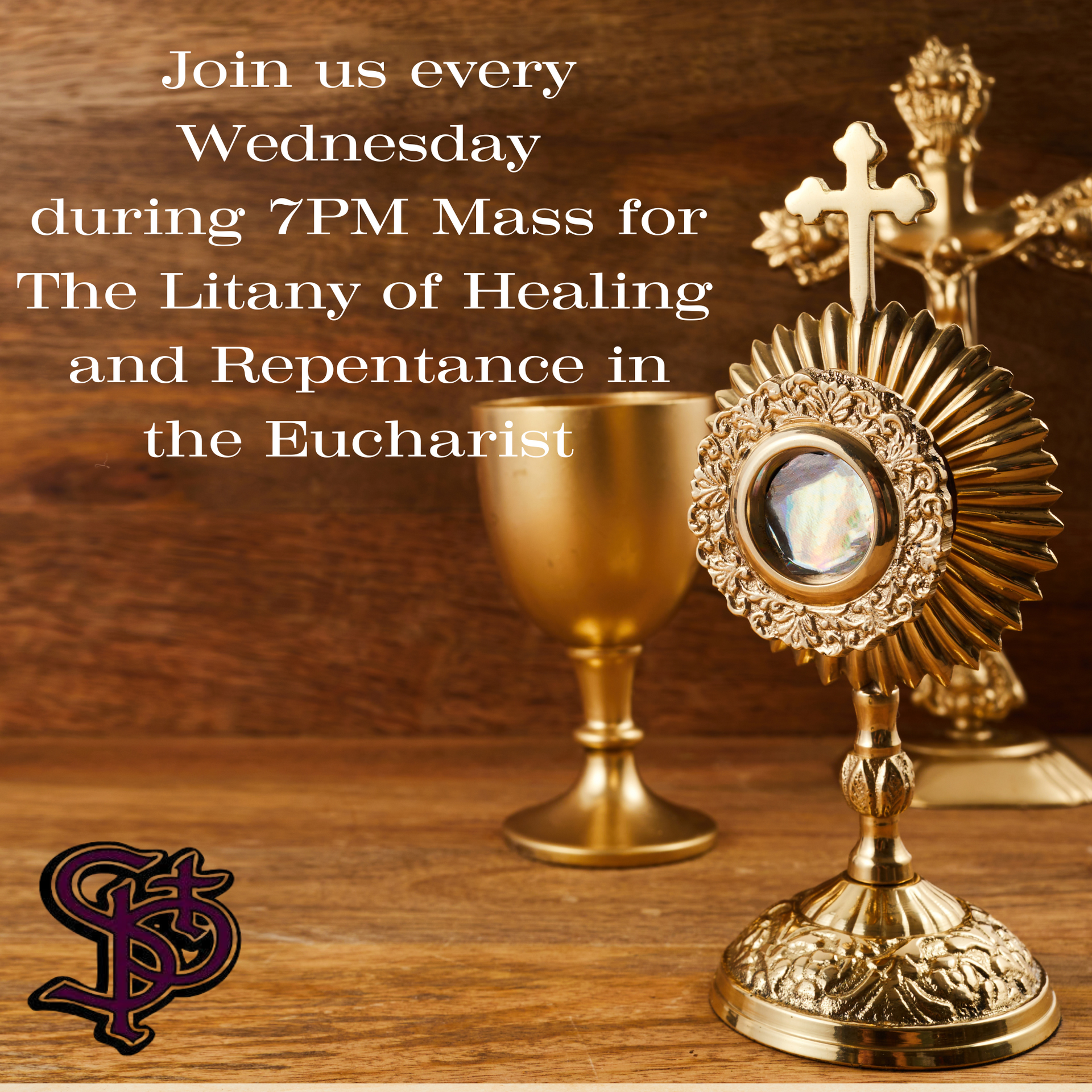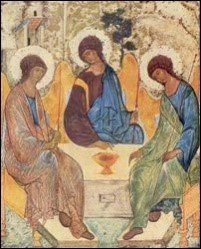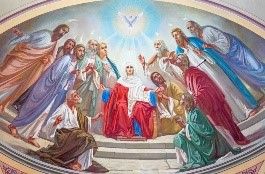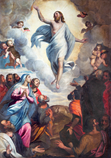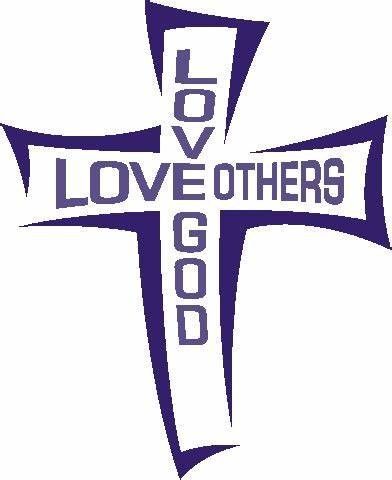Human Being—Image and Likeness of God
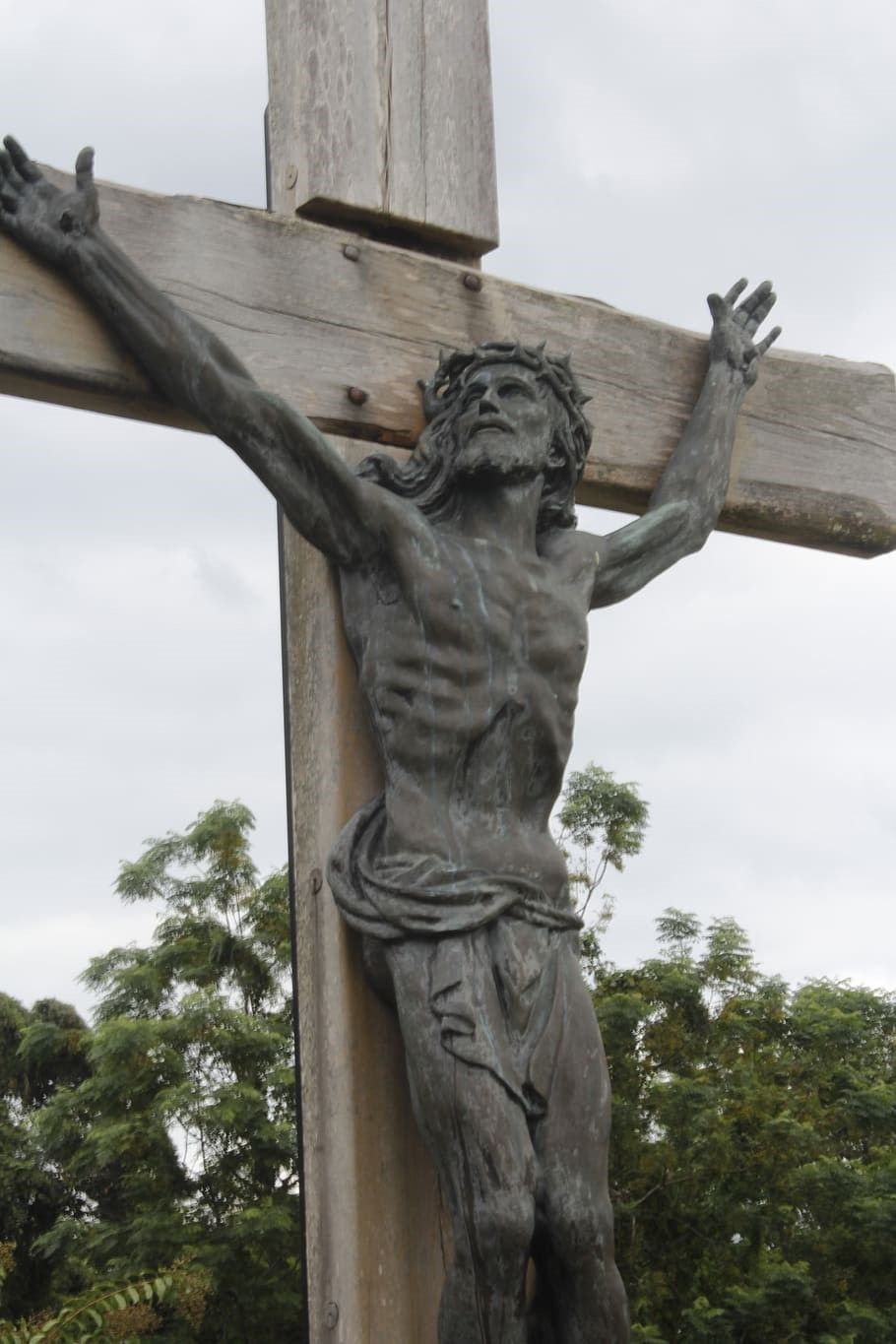
Joke: A boy is sent to bed by his mother... [5 minutes later] "Mom..." "What?" "I'm thirsty. Can you bring me a glass of water?" "No. You had your chance. Lights out." [5 minutes later] "Mom..." "WHAT?" "I'm thirsty... Can I have a glass of water please?" "I told you NO! If you ask again, I'll have to spank you!" [5 minutes later] "Mommm..." "WHAT??!!" "When you come in to spank me, can u bring me a glass of water please?"
In this fourth Sunday of Lent, traditionally known as Laetare Sunday, so-called from the first word of the antiphon. Laetare (“Rejoice”) sets a tone of joyful anticipation for the Easter mystery, as does the permitted use of rose color vestment (it is not that I look pretty pink).
Experience teaches us how we relate to those we value and how people who value us relate to us. This gives us a glimpse of how the Lord relates to us. God loves us in a way that doesn’t count the cost, even at the cost of his own Son revealed in today’s Gospel that Saint John beautifully puts it, “God so loved the world that he gave his only Son.” By sending his Son out of love for us and that sending becomes a giving when his Son is put to death on a cross. Here is the ultimate love, a love that does not count the cost. As Saint Paul says in today’s second reading, “God, who is rich in mercy, because of the great love he had for us, even when we were dead in our transgression, brought us to life with Christ — by grace u have been saved — raised us up with him, and seated us with him in heavens in Jesus Christ.” We are of such value in God's eyes that God did not spare his own Son but gave him up totally to the benefit of us all. It’s not surprising that the Cross has become the dominant symbol of Christianity. Every Ash Wednesday of every year, all Christians, including CEO Catholics those who come to Mass only on Christmas and Easter, come to church to receive ashes on the forehead with a symbol of a Cross.
What does it mean if it’s not to reshape the two important relationships imprinted on the cross? A relationship between God and us is revealed on the vertical line, and a relationship within us and with one another is imprinted on that horizontal line of the cross. It’s not about showing off that we are Christians with that cross formed with ashes on Ash Wednesday. Rather, it is to remind us during Lent, to learn to reshape and to restore these two relationships imprinted on that cross. Love is an easier word to say than to act, especially towards those who are our loved one(s) and those who love us; however, it might be a challenge to say love to those who are our enemies and those who do not want us to be included. The cross is an easy symbol to draw on paper or to form with ashes on our forehead, but it might be difficult for some to reconcile with God and with one another during Lent. We can draw or carve a beautiful cross, but if we cannot live out that ultimate love that the Son of God modeled for us by dying on the cross, then our talent and skill will be a waste.
God’s great love for us throughout the Old Testament history was to forgive the sins of Israel through the intercessions of Abraham, Moses, and those fathers in faith and the prophets. This great love continuously sustains us by the fact that God sends His only beloved Son, Jesus Christ, so that whoever believes in Him “might have eternal life,” as it clearly states in today’s Gospel, “For God so loved the world that he gave his only Son so that everyone who believes in him might not perish but might have eternal life.” “Might,” is not a definite promise for eternal life as soon as we come into existence. Jesus suffered and died on the Cross so that he might save us from eternal punishment. His suffering and death on the cross give us a chance to come back to reconcile with God revealed on the vertical line of the cross and to reconcile with one another revealed on that horizontal line of the cross. It doesn’t matter how long we stare at the cross; how often we pray in front of the cross; how many words we talk to Jesus on the cross, and if we don’t reshape our relationship with God and with one another, we might not have eternal life.
How do we reconcile with God and with one another? Through the Sacrament of Reconciliation, we ask God to forgive our sins through the absolution that the priest in the name of the Father, and of the Son, and the Holy Spirit, bestow upon us for the forgiveness of sin. In the prayer, the Lord Jesus taught his disciples and us saying, “Our Father, … forgive us our trespasses as we forgive those who trespass against us…” Each time we recite Our Father is each time we are reminded to reconcile with one another, especially who caused us sin, who caused us mad, who caused us doubt, etc.
This is a Rejoice Sunday in anticipation of the Resurrection Mystery of our Lord Jesus Christ, have you experienced rejoicing at Jesus’ ultimate love, his death on the Cross for the sake of our salvation, or what you might experience is the suffering and bitterness of the death of the Son of God on the cross?
It is the story of a man who was given the name Professor Lucifer who hated Christianity, in the novel The Ball and The Cross written by G. K. Chesterton, was sitting next to a monk named Michael in the plane. When the plane flew through London Cathedral, Professor Lucifer saw the cross on the roof of the Cathedral, he began to talk bad about Christianity. The monk Michael calmly told the professor a story of a man who hated Christianity. Wherever he saw the cross either in the book, magazine, art, etc., he would destroy it. He even talked badly about Christianity. For him, the cross showed weakness, suffering, and failing. One day, he was smoking on the balcony, and everything in front of his eyes turned into crosses. Out of anger, he kicked; he punched; he spitted. He went inside the house, everything turned into crosses, the wall, the table and chairs, and everything. Out of anger, he got the lighter and burned it. The next day, they found him dead next to a burning house. The monk concluded that when we destroy suffering and death, we will not have a planet to live in.
We are more than halfway in this Lent now. If you haven’t reconciled with God and with one another, come quickly to reconcile with God and with one another. What does it mean to you when you look up or stare at the Crucifix? At Jesus’ suffering and death on the Cross, what does it mean to you? Are you born in the image and likeness of God? What does it mean to be born in the image and likeness of God? The decision is yours.

